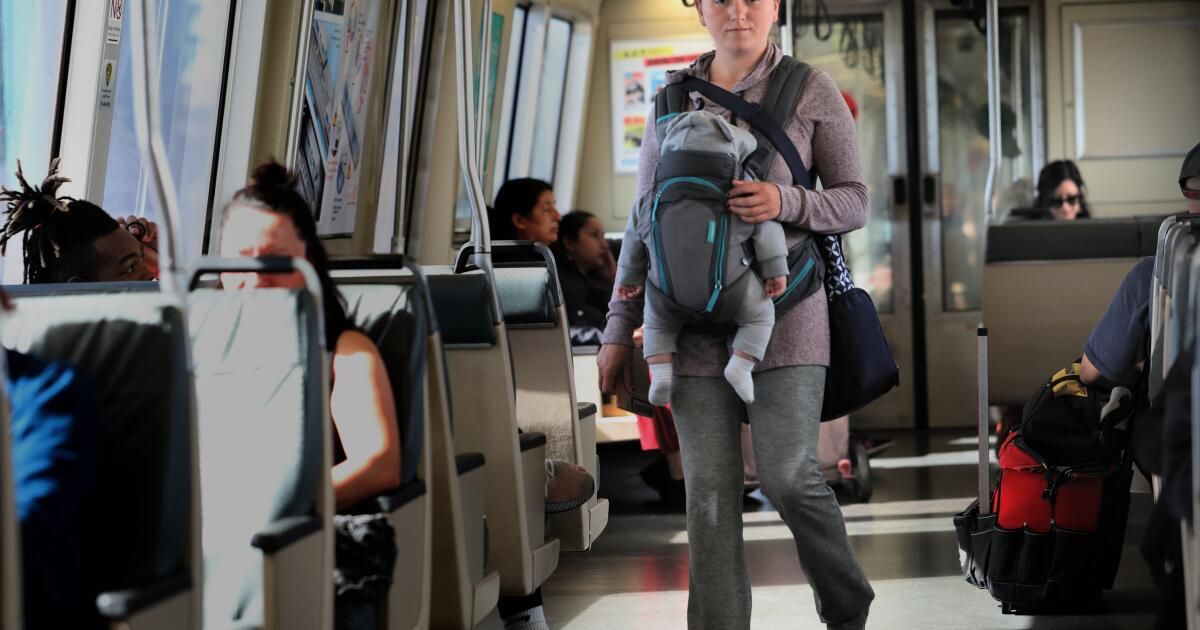After a 2021 pilot program showed the potential benefits of “universal basic mobility” in Oakland, the city has doubled down on incentives for public transit.
One thousand West Oakland residents will receive prepaid debit cards with $320 to use on public transportation, the city said in a statement Thursday.
What are the criteria? Participants in the pilot program must live or work in West Oakland and earn less than the area's median income of $103,500.
While a six-figure salary may not seem “low-income” to many, the city’s press release classifies it as such.
The cards, issued on a first-come, first-serve basis, can be used for Clipper cards or individual fares on “BART, AC Transit, BayWheels bikeshare, Lime and VeoRide electric scooters, Amtrak and other forms of public transportation,” the city said.
In total, the project will cost $400,000 and builds on a 2021 pilot program in East Oakland that distributed up to $150 in prepaid cards to 500 residents.
In the 2021 pilot, “40% of participants changed the way they traveled,” the city said, and 23% drove alone less frequently.
“Too many West Oakland residents struggle to afford their transportation costs,” said Josh Rowan, a spokesman for the Oakland Department of Transportation.
The project will help people use more sustainable transport options “while reducing car dependency and wear and tear on our roads,” he said.
Universal basic income has been a popular topic in California, where several cities, including Pomona, have provided cash to help struggling residents.
Universal basic mobility programs are less common. A 2022 pilot program in South Los Angeles offered $150 in credits in a “mobility wallet” for 2,000 residents to use on public transit.












